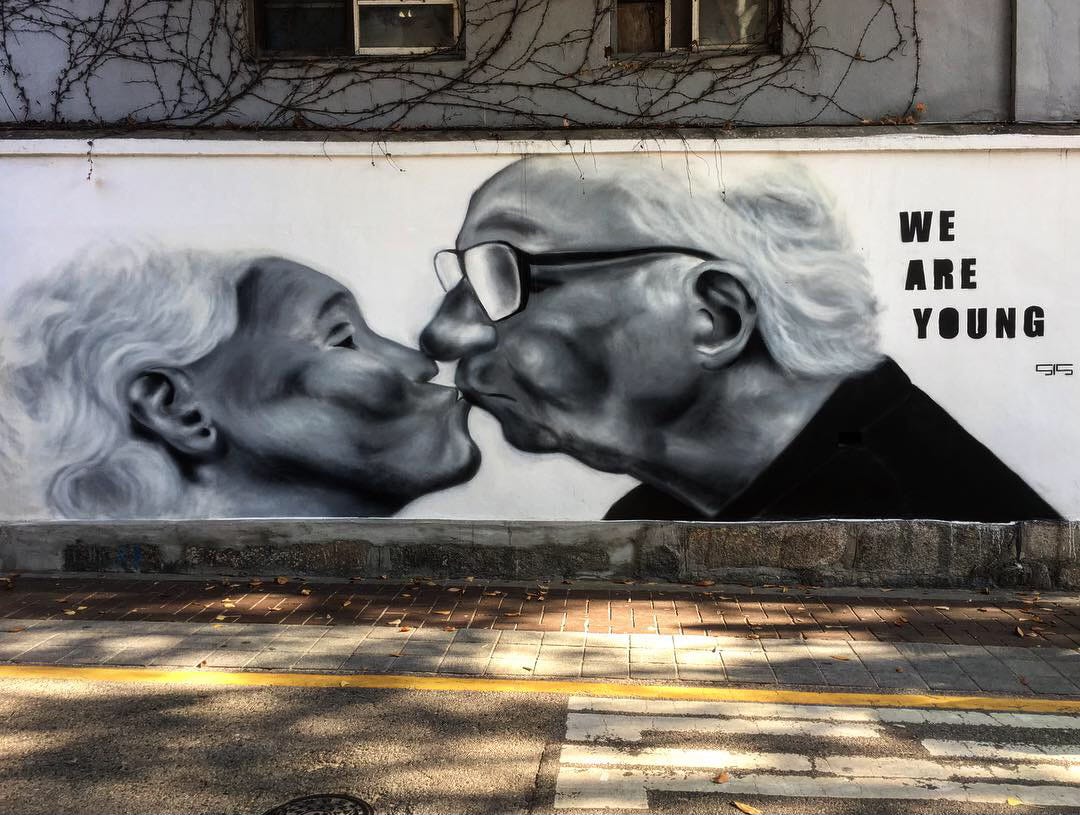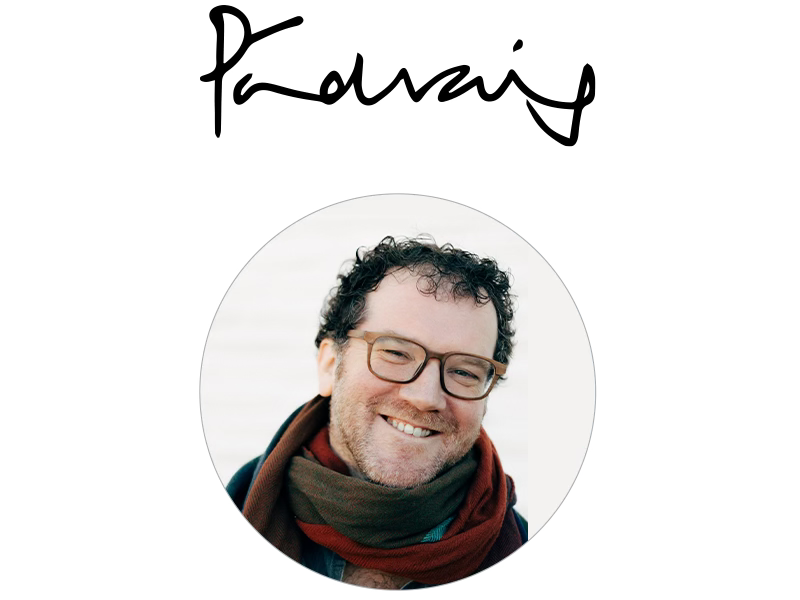

Discover more from Poetry Unbound
Dear friends,
Much of my interest in a good poem is how each line unfolds with surprise — where what follows after a line break demonstrates the person isn’t following a predictable plot line of language or image.
Many people I know were unsurprised by the outcome of the American election. Following the news this week, I have also tried to search for news from other places too: Gaza in particular, Lebanon too. Peace talks — such as they are — will probably need to wait for the change of power in Washington DC before anything can be decided.
What to do?
This week, I am unsure. But I know that despair and apathy are tools that can be used by those who wish to capitalise on depleted solidarity. I am aghast at what is happening in the world, the categorical demonstration of geographical policy hiding under the pretense of self defence; I wish I were surprised.
What I am interested in is unexpected gatherings of people who manage to tolerate working together to make surprising things emerge from their unexpected coalitions. It asks those with power to name the layers of power they have and to employ that power for collective good. It’s a risk. This is what I hope for those who are involved in the talks about ceasefire. This is what I hope can happen in all the ways people form unexpected federations. Surprise is an old human emotion. When employed for the purposes of creating — not destroying — it can elicit energy, ideas and work.
I don’t commit to this simply for its civic expediency. I commit to it because somewhere — in an anthropology that fuels me — I believe that we are at our collaborative best when we make. I know that the most self-serving parts of my character are elevated into something better when I am part of groups that demonstrate what can occur when rage and resistance and energy and despair and ideas and art and protest and strategy and collaboration can be employed for something that addresses the consequences of our worst violences.
This is, for me, the aesthetics that can provide nurture to human organising. I see little fundamental difference between a group committed to pursuing their creative goals (especially when they find themselves with tensions) and harnessing the rage and energy and ideas that fuel my own editorial work on a poem of mine that is needing to be sharpened to its own destiny. Commitment to the work, the group and a commitment to the idea that makes more ideas possible. Art reminds us of all of this.
My question this week is this: what do you hold on to that reminds you of the creative, risky, daring, brave, and demanding possibility of human creativity — especially in times of difficulty?
Poetry in the World
A list of events: Online, in the US (Durham, NC), and the Scottish island of Iona
PS: I’ve got two books coming out in early 2025 — Kitchen Hymns and 44 Poems on Being with Each Other. You can pre-order them wherever you buy books.
November 18–19 Durham, North Carolina, US
I’m giving the William Preston Few lecture at Duke University. Details here.
December 8, 4–5.30pm Eastern Time, Online
To mark the week of Rilke’s birthday, the very good Mark Burrows is once again gathering people for a 90-minute chat about the beauty and brilliance of Rilke’s work. Myself, Mark, and Krista will each share some of our favourite poems from that magnificent poet. You can register here.
March 10–15 and March 18–23 2025, Isle of Iona, Scotland
I’m holding two Poetry Unbound retreats on the gorgeous Scottish island of Iona; each retreat is the same. Both retreats are booked up, but you can get on the waiting list by contacting the folks at the St. Columba here.
Subscribe to Poetry Unbound
Open your world with poetry






This week, I keep coming back to this quote (Toni Morrison, 2004, after Bush re-elected): “This is precisely the time when artists go to work. There is no time for despair, no place for self-pity, no need for silence, no room for fear. We speak, we write, we do language. That is how civilizations heal.
I know the world is bruised and bleeding, and though it is important not to ignore its pain, it is also critical to refuse to succumb to its malevolence. Like failure, chaos contains information that can lead to knowledge — even wisdom. Like art.”
I tidied my workspace. I rage-cleaned my bathroom. Many texts, emails, calls and walks with friends; and we are determined to get back to our creative work, and to find an action (local or otherwise) to engage in going forward. That network of connections is important in sustaining us…
Wang Wei, Chinese poet/painter, lived in the 700’s. I was recently introduced to this poet via learning about David Hinton who translated Wang Wei’s poems into English. Lately, slowly, I have been exploring the Japanese Shakuhachi bamboo flute. One way of working with this flute is to take a poem that interests me, compose a simple music piece that resonates with the poem. Thus daily as I learn to play this flute I get to recite the poem, then play and listen to the flute sounds that “translate” the poem; the poem once written in Chinese, then translated into English, and now “translated” into flute sounds. What truly fascinates me, and keeps calling me into this poem is this line from the poem:
“A blossom’s heart is grief-torn? In all this
spring color, who could fathom the heart?”
My mind struggles to understand this first part. Can a flower feel such emotions? Given the recent elections in the US, given our shared climate challenges, my heart quietly weeps with this blossom. Who am I to believe or disbelieve the blossom’s capacity to be grief-torn? What I can do is stand next to the blossom and be still, and weep. Together, we thrive.🏮